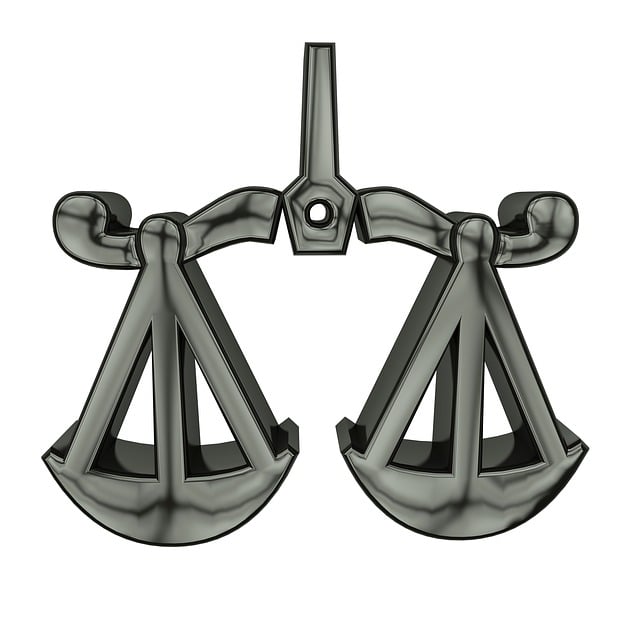Litigation Support Services play a crucial role in administrative law, guiding cases through every stage of complex legal proceedings from initial assessments to final judgments. They streamline and optimize processes, offering vital insights that shape outcomes in civil litigation, white-collar defense, and economic crimes cases. The Steps in Administrative Law Proceedings, including pre-trial prep, hearings, and appeals, are expertly managed, ensuring fair legal representation. Administrative law establishes procedural frameworks for government agencies, protecting rights while maintaining impartiality and transparency. Technology has transformed Litigation Support Services, revolutionizing how legal teams navigate the Steps in Administrative Law Proceedings through efficient document management, data analysis, and strategic decision-making.
“Litigation Support Services: Streamlining Legal Processes for Efficient Resolutions
In today’s complex legal landscape, effective case management is paramount. This article explores the critical role of litigation support services, offering a comprehensive guide to understanding their operations. We delve into the intricacies of administrative law within legal proceedings, highlighting key steps in administrative law cases. Additionally, we examine how technology is revolutionizing these services, enhancing efficiency and transforming traditional litigation processes.”
- Understanding Litigation Support Services: An Overview
- The Role of Administrative Law in Legal Proceedings
- Key Steps Involved in Administrative Law Cases
- Enhancing Efficiency: Technology's Impact on Litigation Support Services
Understanding Litigation Support Services: An Overview

Litigation Support Services play a pivotal role in legal proceedings by providing expert assistance throughout the complex landscape of administrative law. These services are designed to streamline and optimize the process, ensuring efficiency and accuracy at every step. From initial case assessments to final judgments, professionals offer crucial insights that can significantly impact outcomes.
Understanding these services is essential for navigating not only standard civil litigation but also specialized areas like white-collar defense and economic crimes cases. The Steps in Administrative Law Proceedings, which include pre-trial preparations, hearings, and appeals, are meticulously managed with the aid of these experts. Their knowledge ensures that all parties involved can effectively present their cases, whether it’s for jury trials or administrative tribunals, ultimately upholding justice and fairness.
The Role of Administrative Law in Legal Proceedings

Administrative law plays a crucial role in legal proceedings by setting out the procedures and guidelines that ensure fairness and efficiency in various governmental actions. It provides a structured framework for how government agencies operate, making decisions, and interacting with corporate and individual clients. These processes are designed to be impartial and transparent, aiming to protect the rights of all parties involved.
The steps in administrative law proceedings typically include the initiation of a complaint or petition by an aggrieved party, followed by a formal investigation where evidence is gathered and reviewed. This often involves public hearings where both sides present their cases, much like in jury trials. Ultimately, an administrative body or judge renders a decision, which can be appealed if either corporate or individual clients feel it doesn’t adequately address their concerns.
Key Steps Involved in Administrative Law Cases

In administrative law cases, understanding and adhering to clear steps is essential for achieving extraordinary results. The process begins with an individual or entity filing a complaint with the relevant administrative body, outlining their grievance against a government decision or action. This initial step sets in motion formal steps in administrative law proceedings. Following this, both parties exchange information and arguments, setting the stage for a comprehensive review by the administrative tribunal.
The tribunal then conducts hearings, where witnesses are called, evidence is presented, and legal arguments are advanced. This critical phase requires strategic planning and robust defense mechanisms to counter challenging allegations. Ultimately, the tribunal issues a decision, which can either uphold, modify, or reverse the original government action. A well-executed strategy throughout these steps increases the likelihood of winning challenging defense verdicts and successfully avoiding indictment.
Enhancing Efficiency: Technology's Impact on Litigation Support Services

Technology has revolutionized Litigation Support Services, fundamentally altering how legal teams navigate complex administrative law proceedings. From document management to evidence analysis, digital tools streamline processes that were once manual and time-consuming. Automation reduces errors and speeds up tasks like case document review, allowing professionals to focus on strategic decision-making rather than tedious data sifting.
This transformation isn’t just about efficiency; it’s about achieving extraordinary results. With the right technology, legal teams can uncover subtle patterns in documents, analyze vast volumes of data quickly, and present compelling evidence more effectively. This enhances their ability to advocate for their clients’ interests, ultimately contributing to a complete dismissal of all charges in certain cases or securing favorable outcomes like jury trials based on robust, digitally-aided analysis.
Litigation Support Services play a pivotal role in modern legal practice, especially within the intricate landscape of administrative law. By streamlining processes and leveraging technology, these services enhance efficiency in steps involved in administrative law proceedings. From initial case assessments to final submissions, professional support ensures accuracy, timely completion, and robust advocacy. As the digital era advances, embracing innovative solutions will continue to revolutionise how we navigate complex legal terrains, ultimately fostering fair and effective justice systems worldwide.






